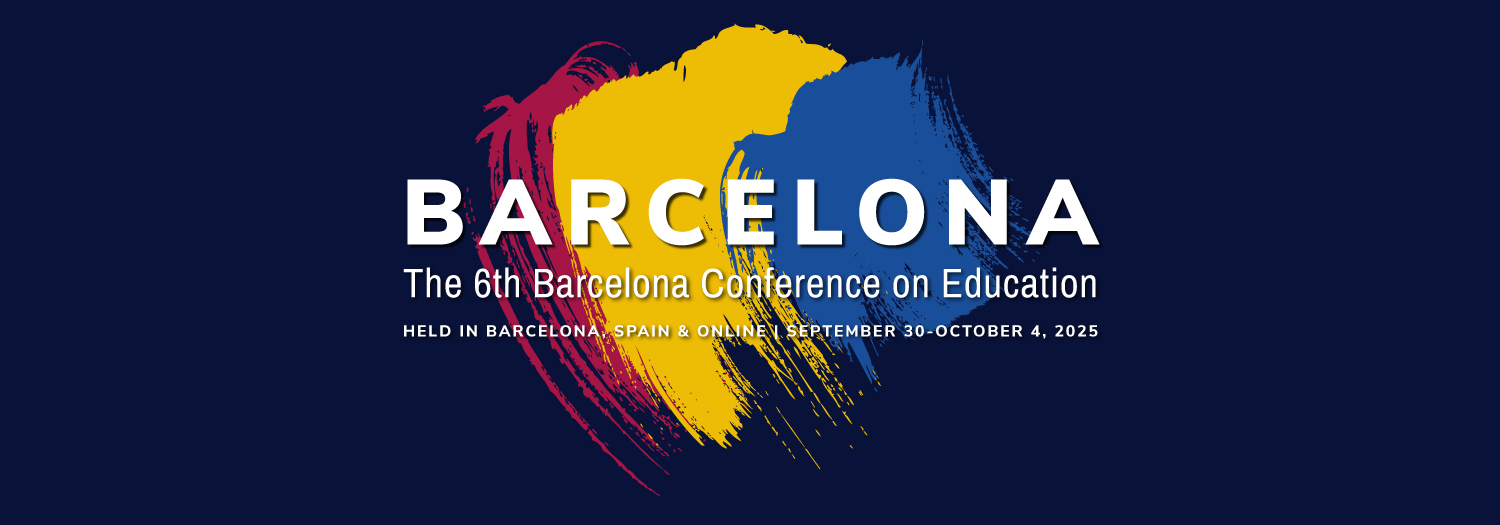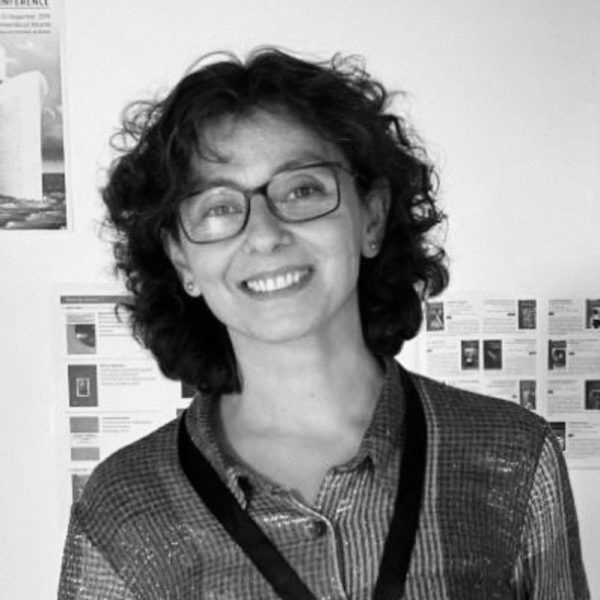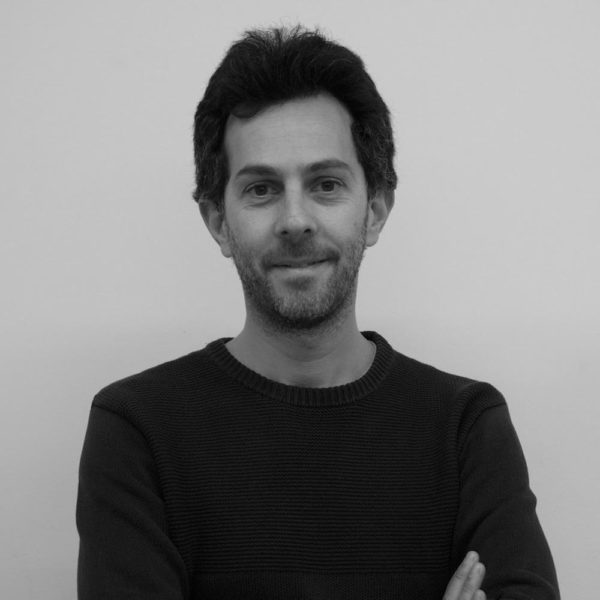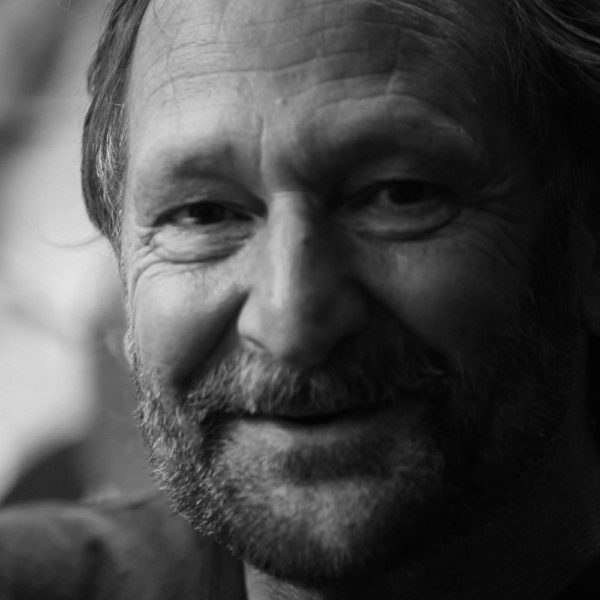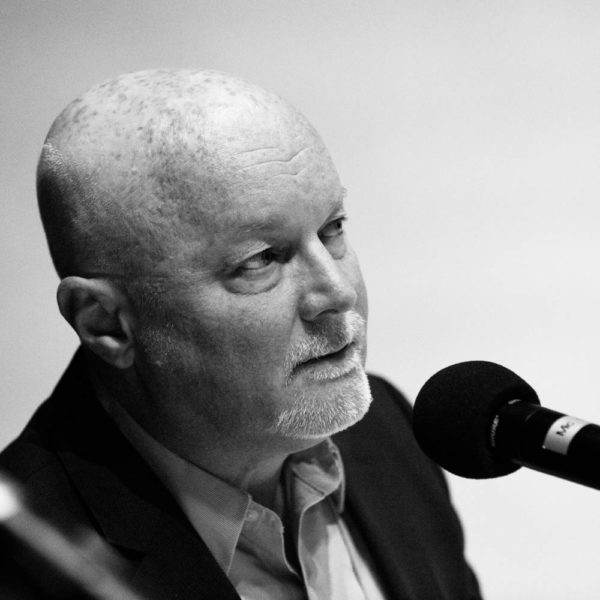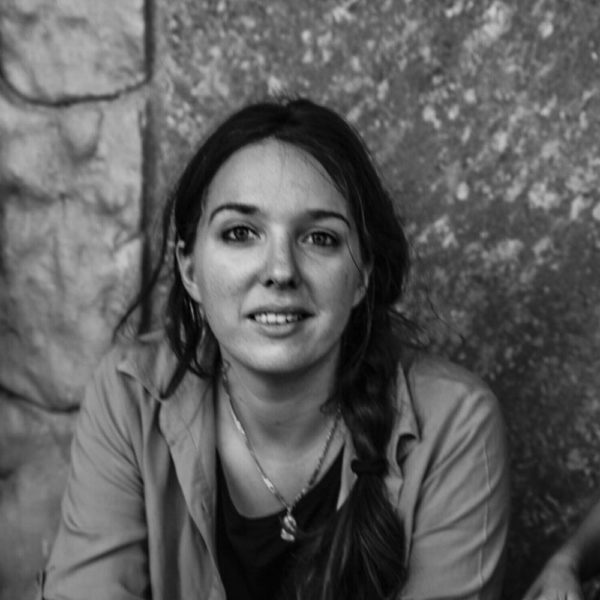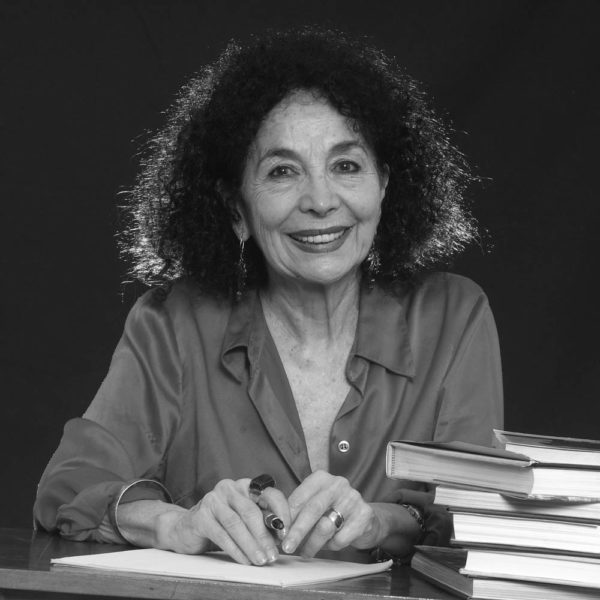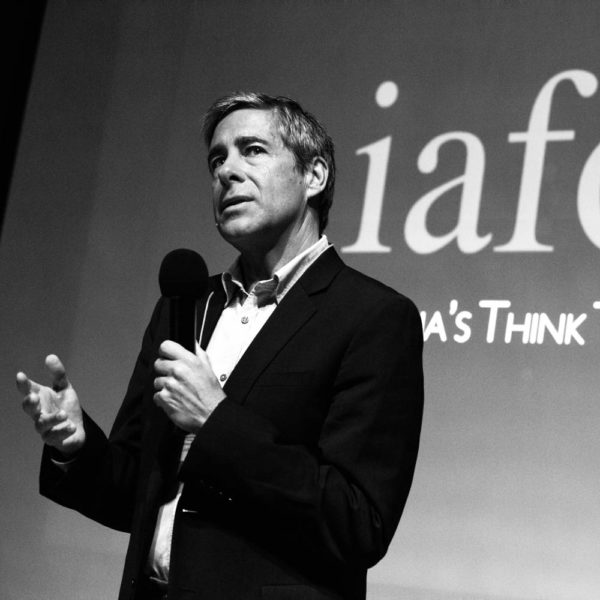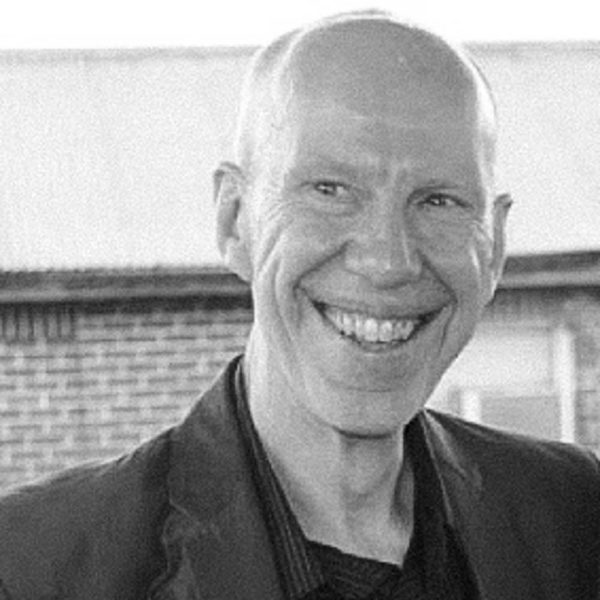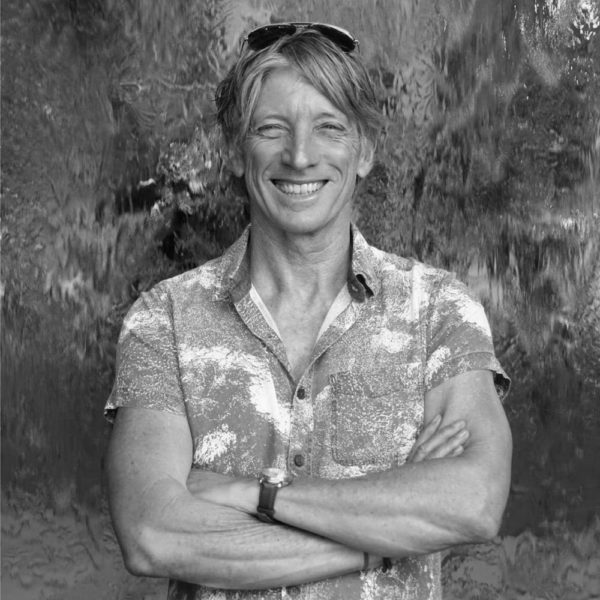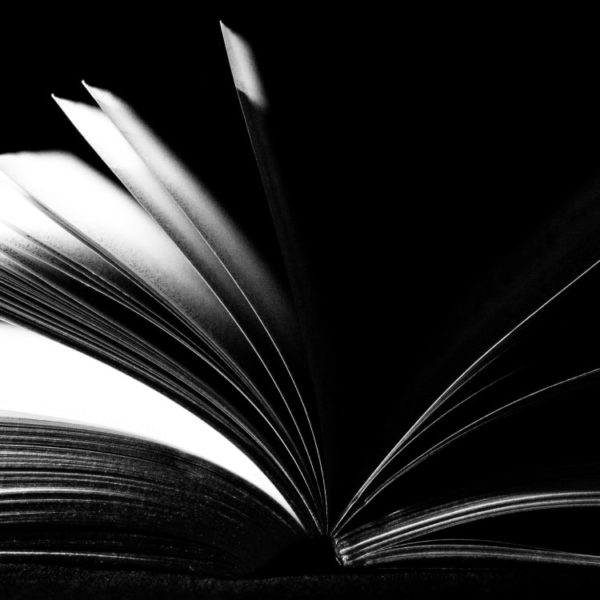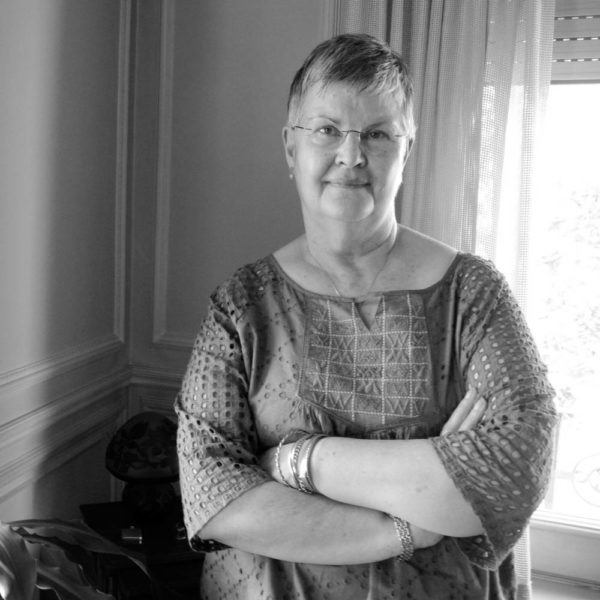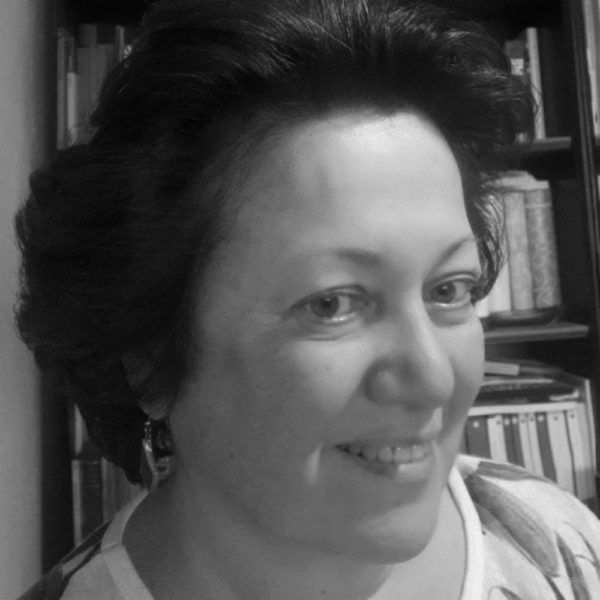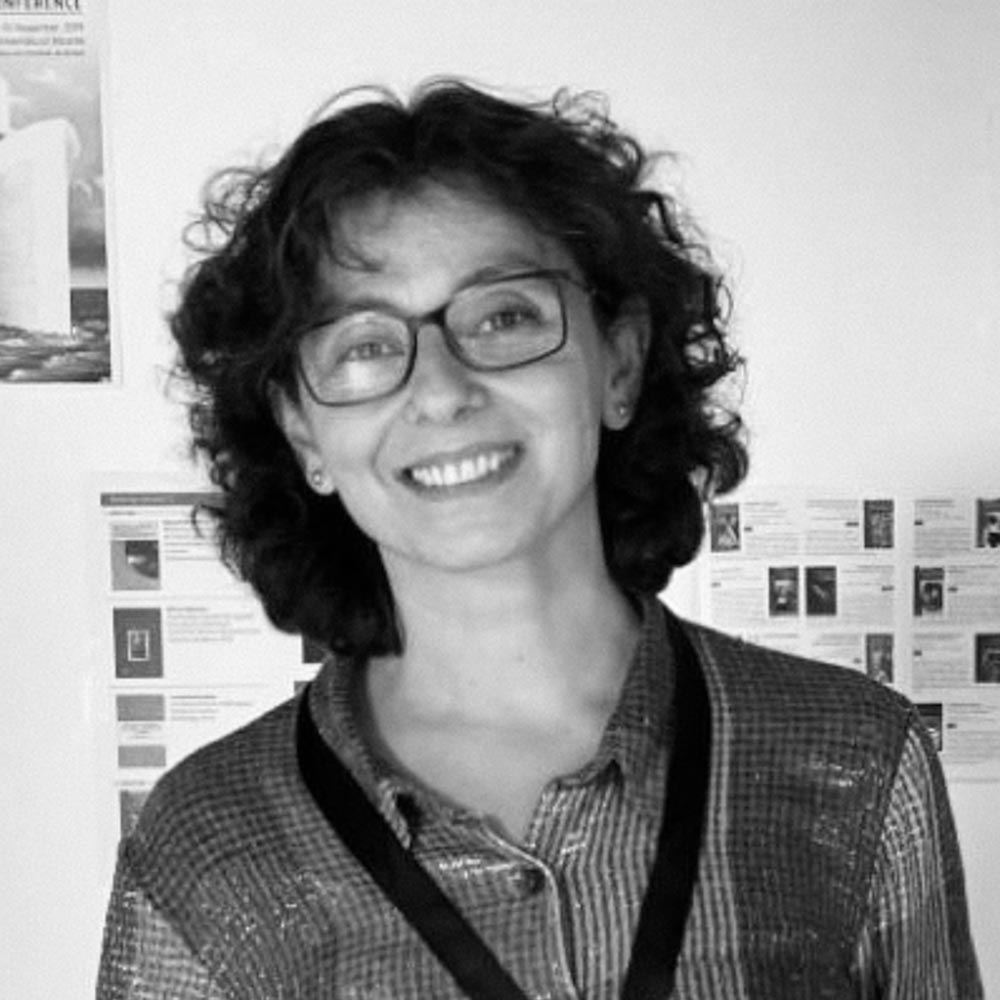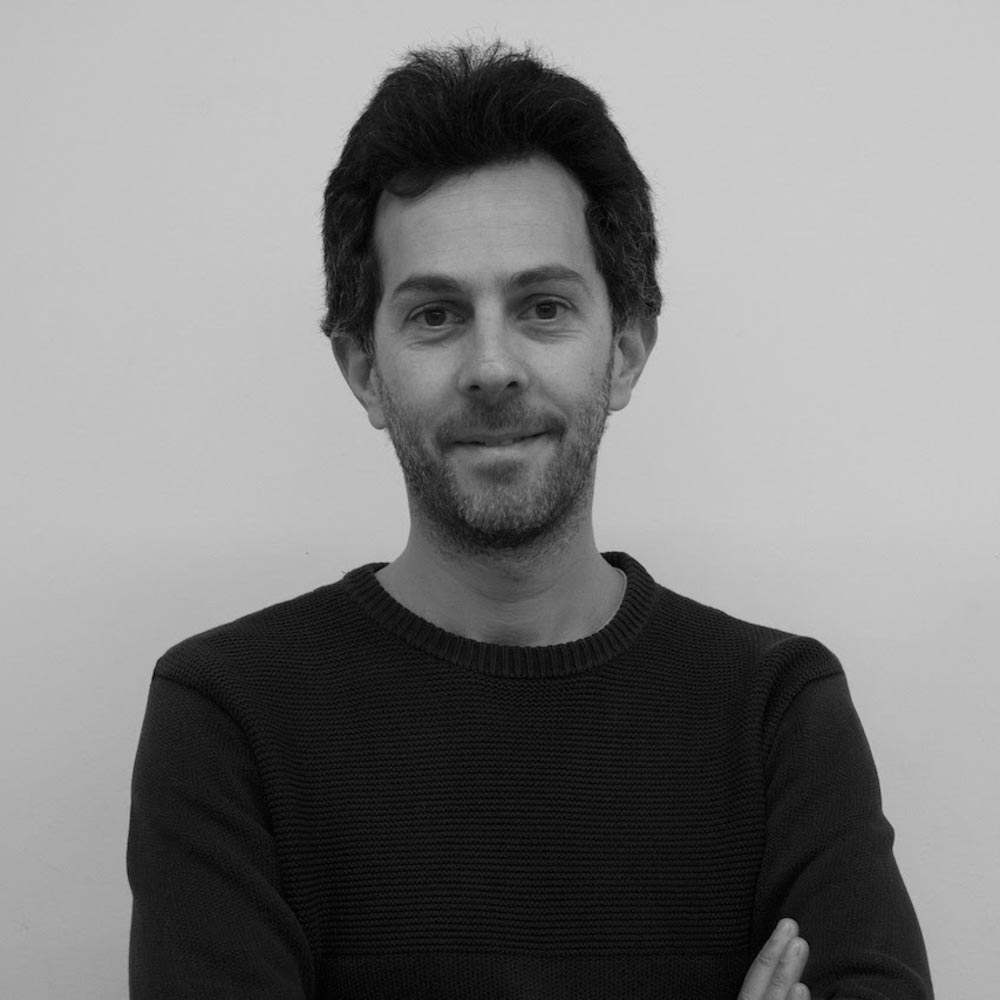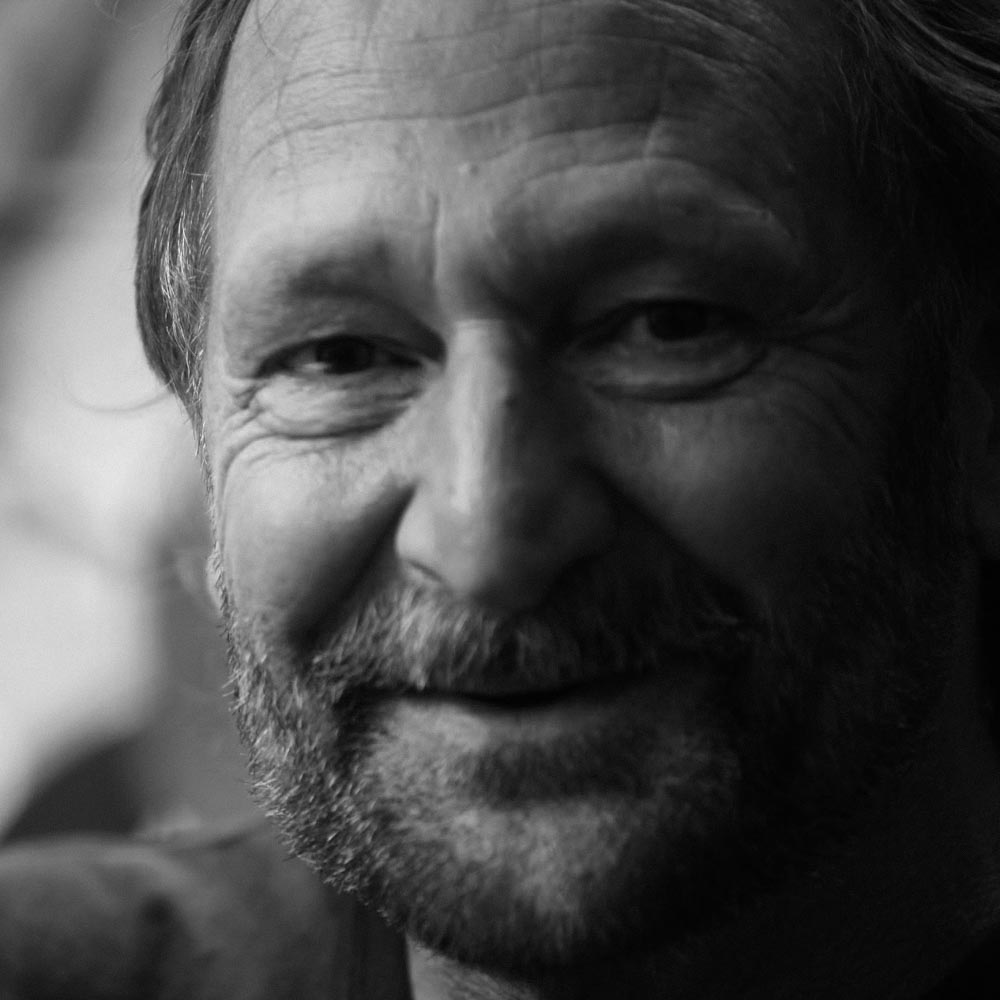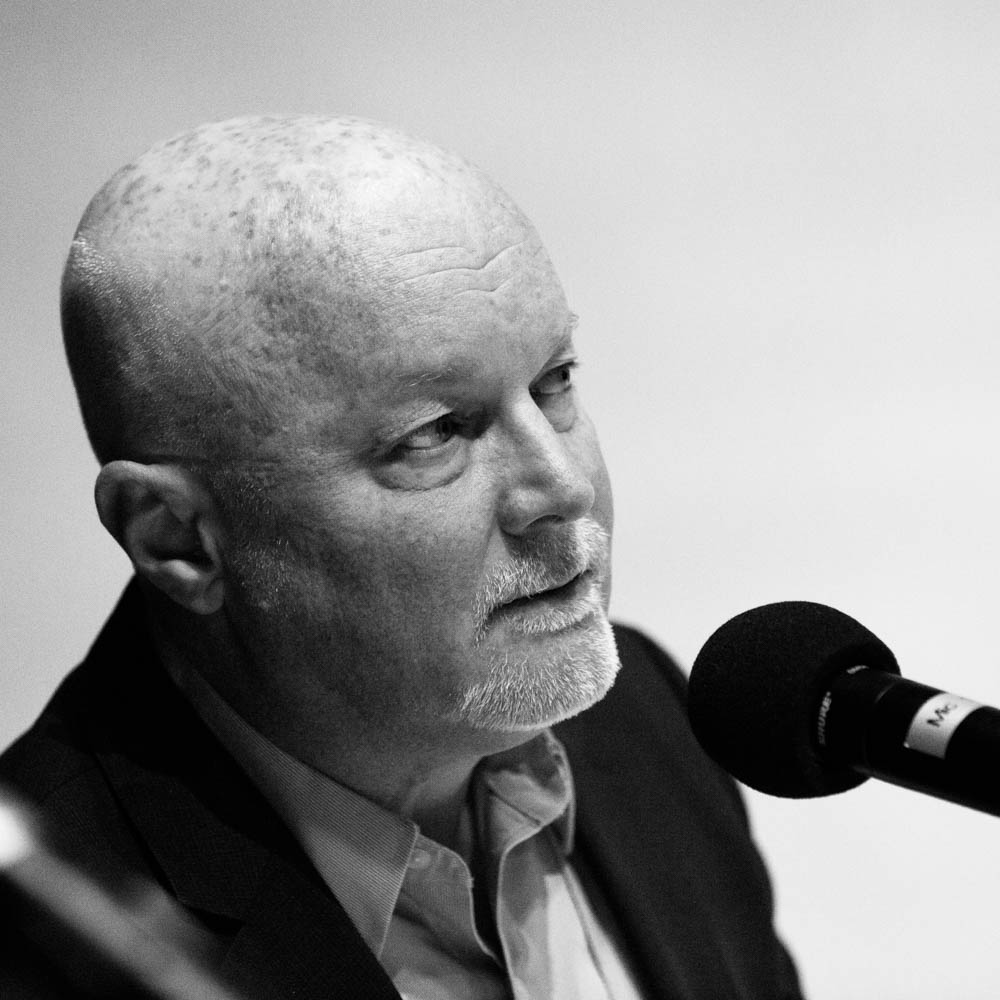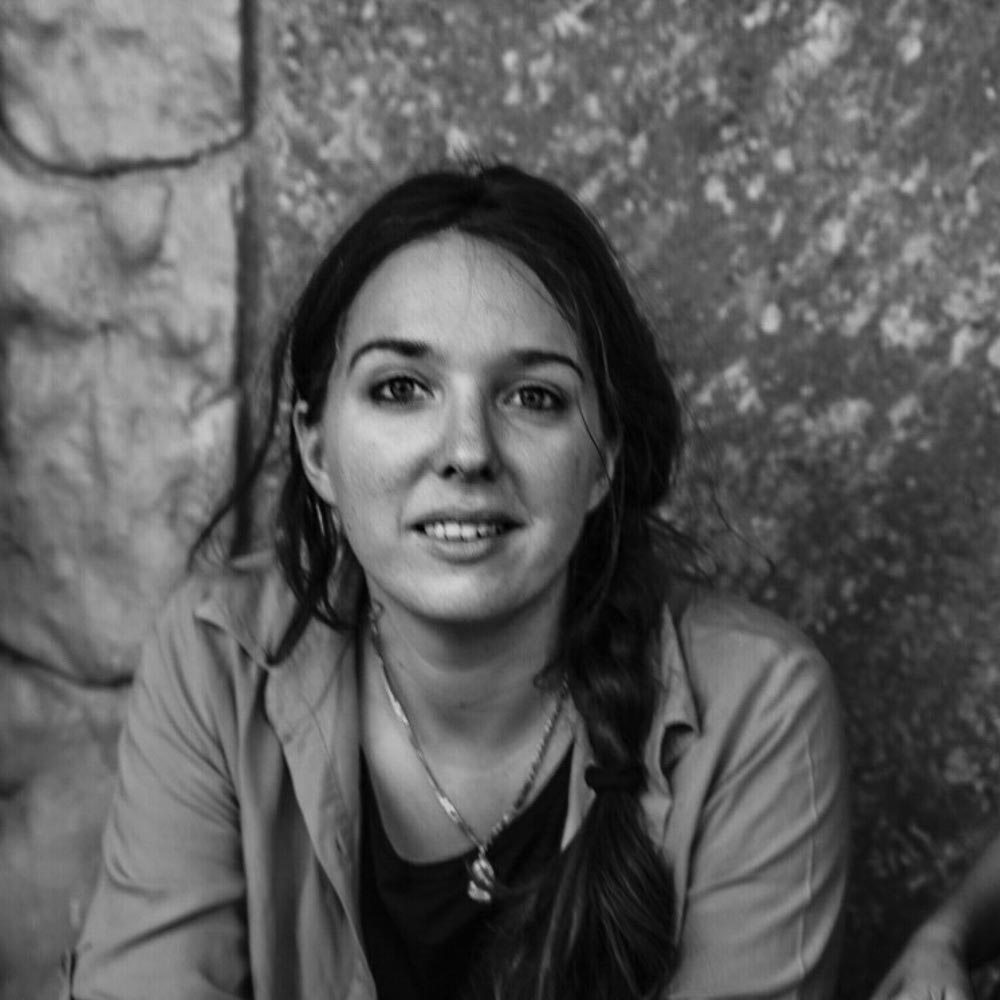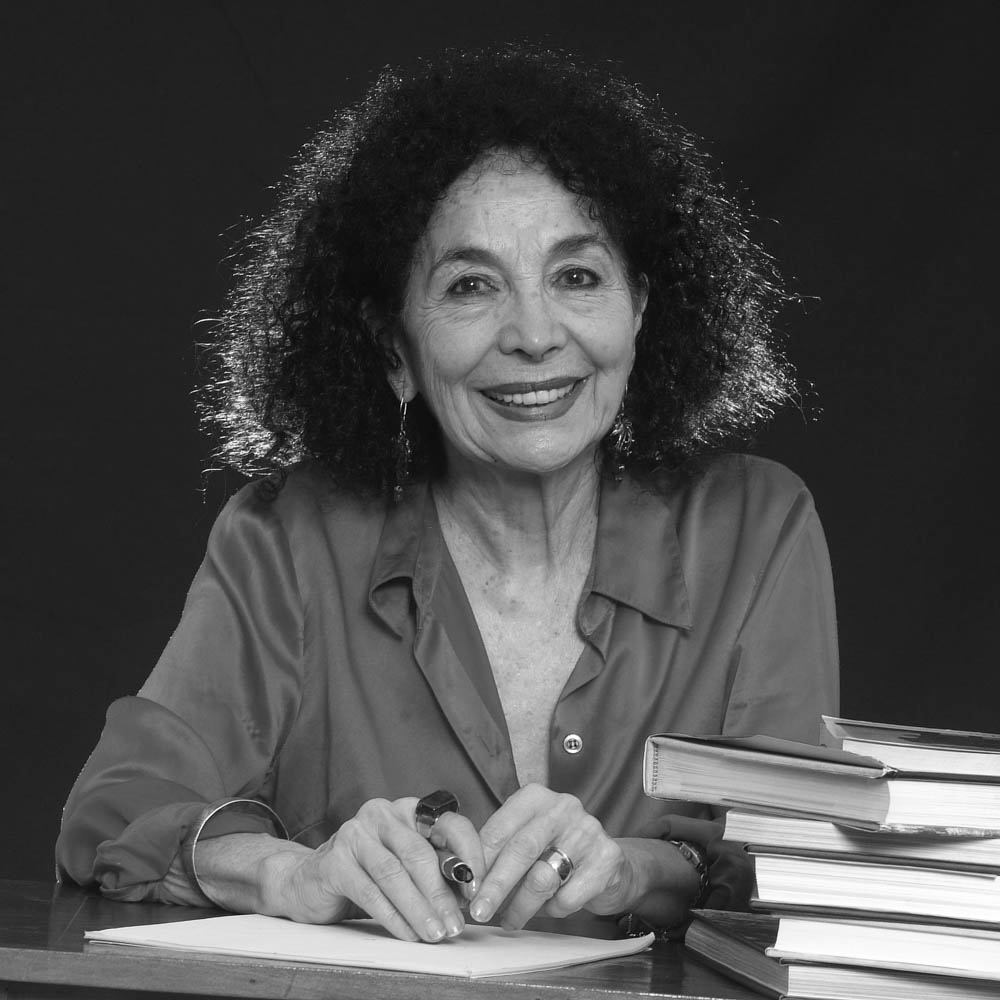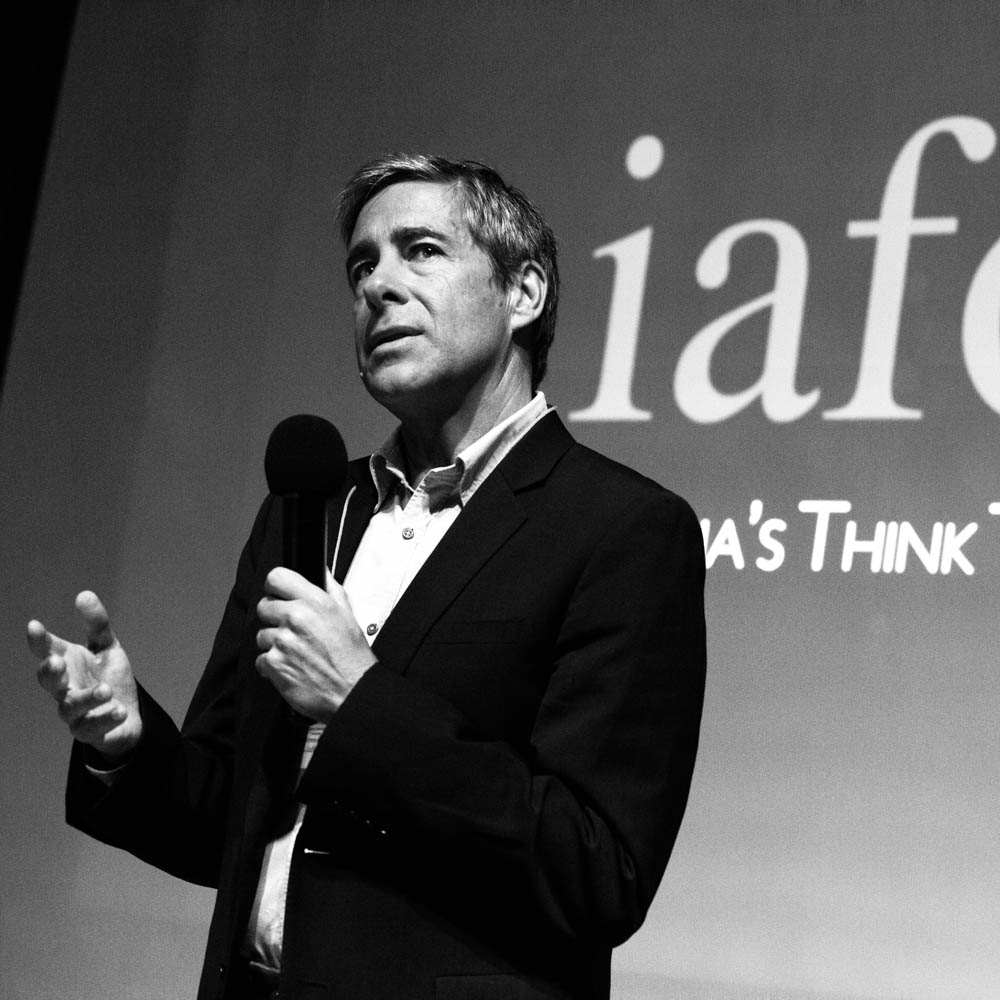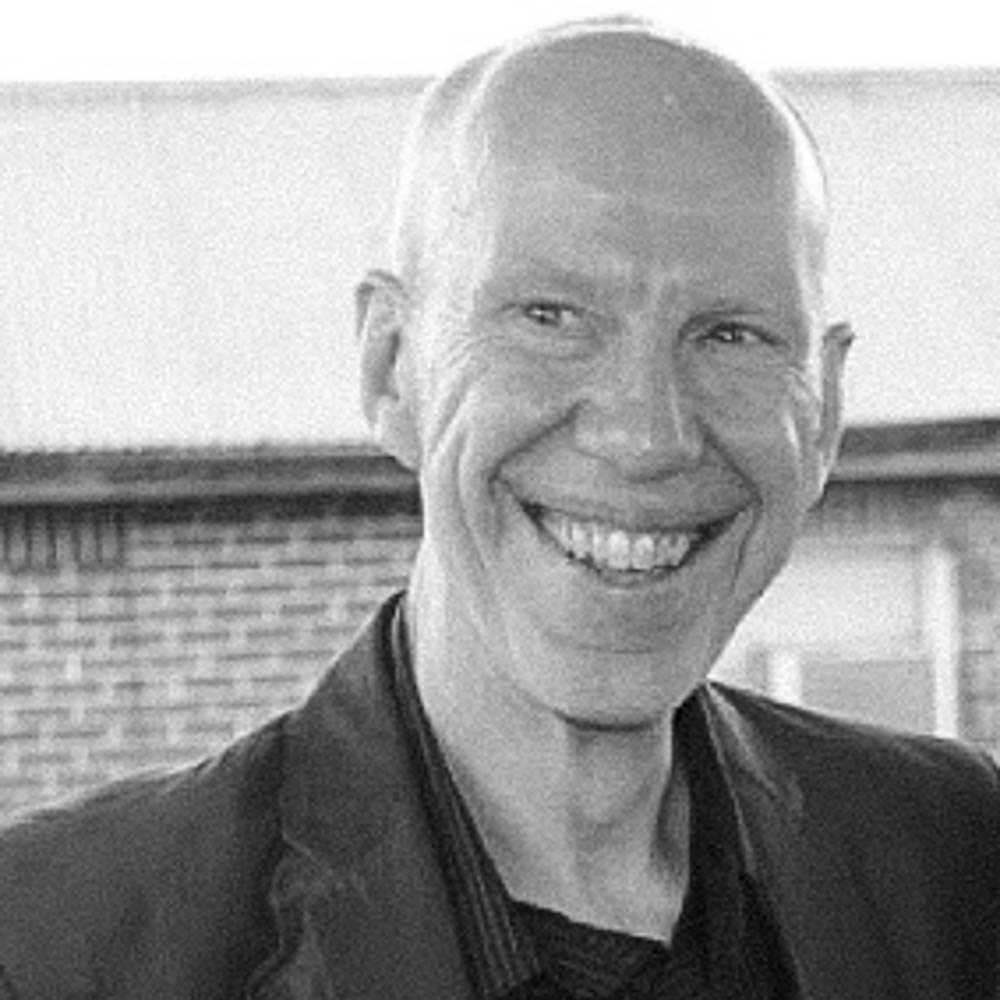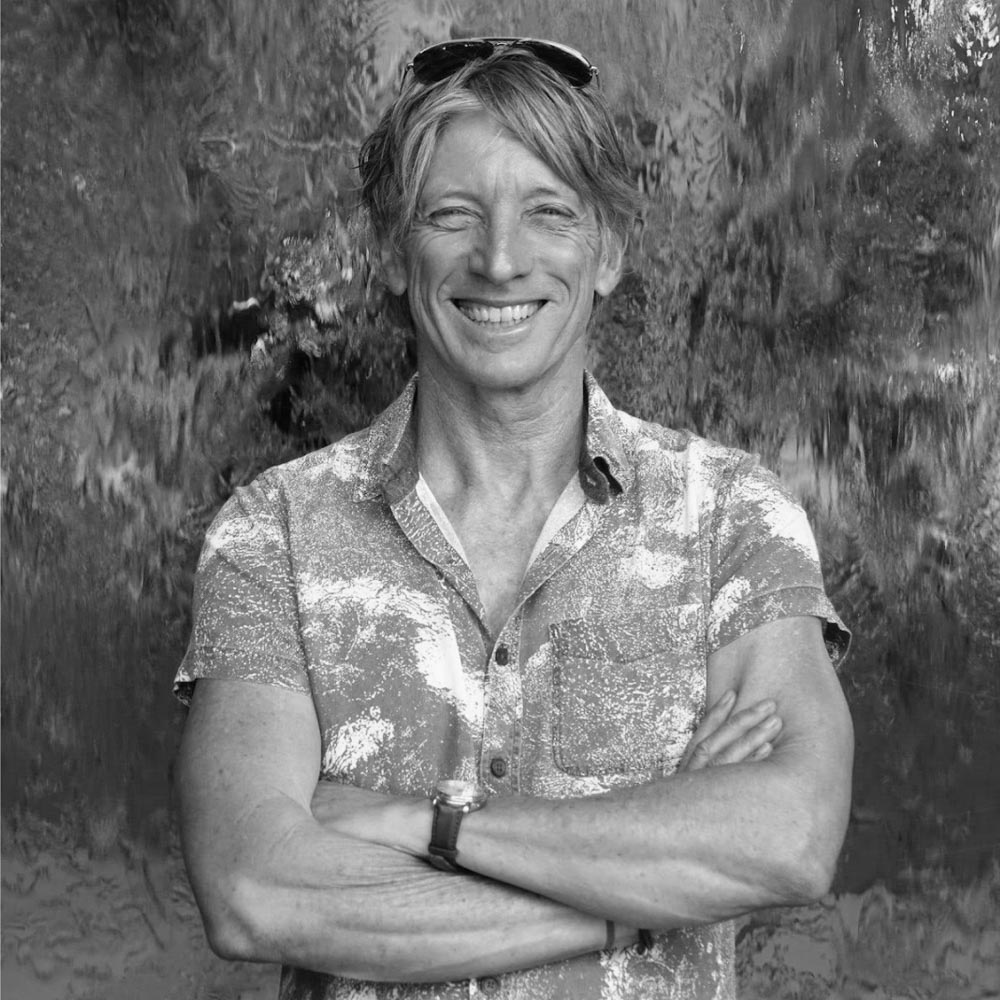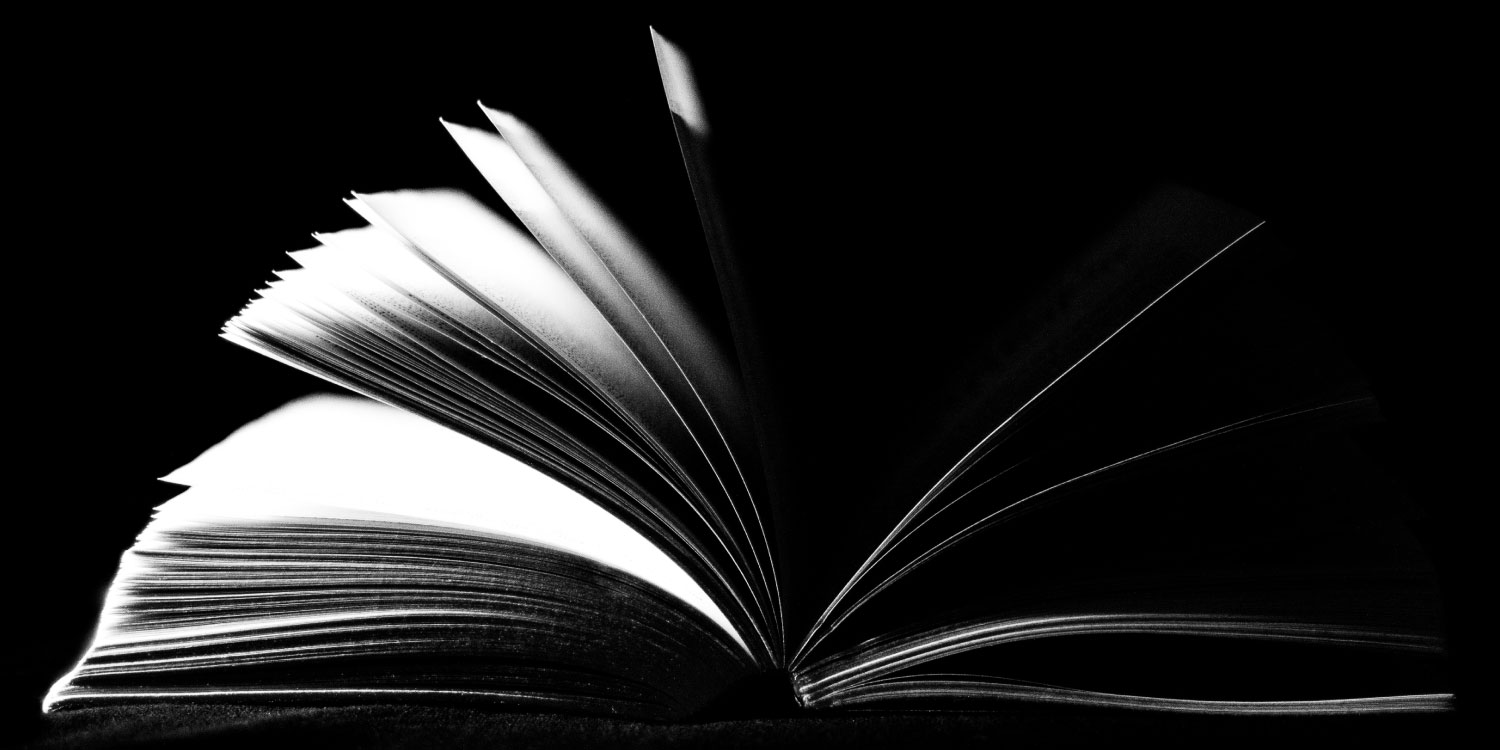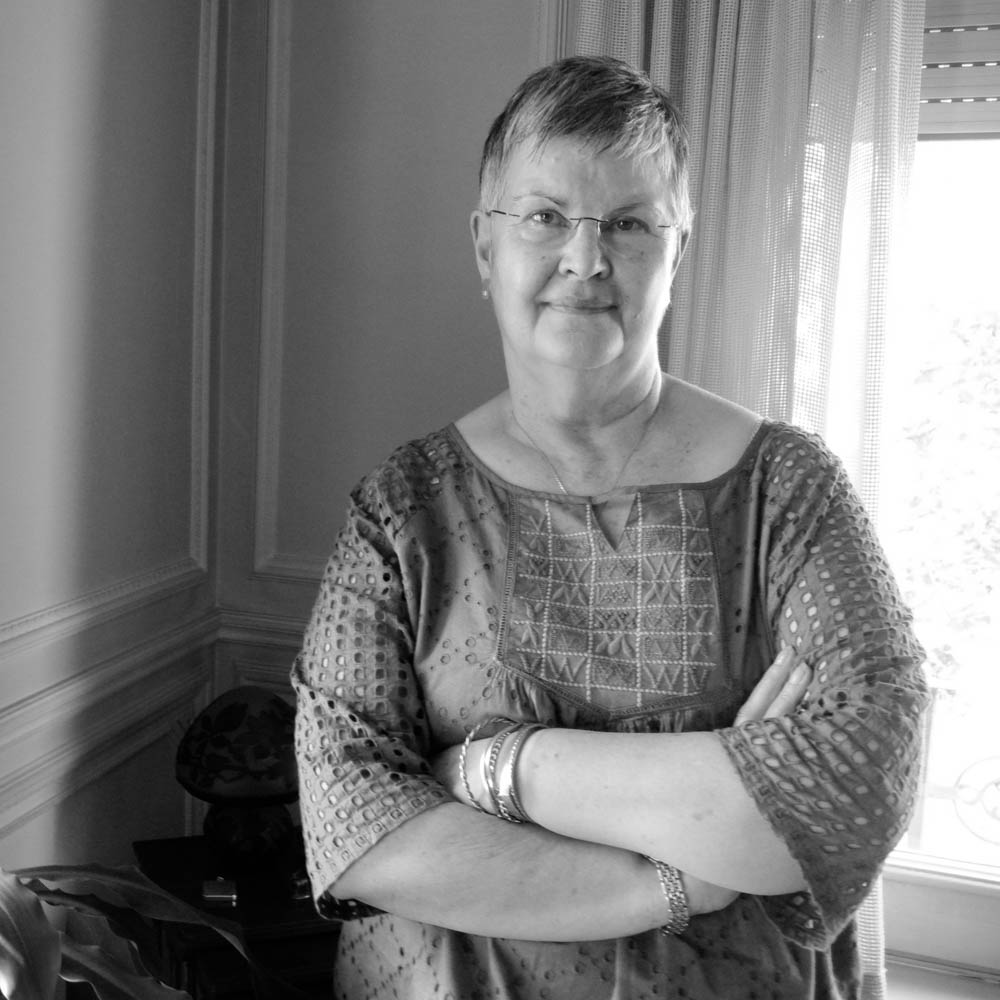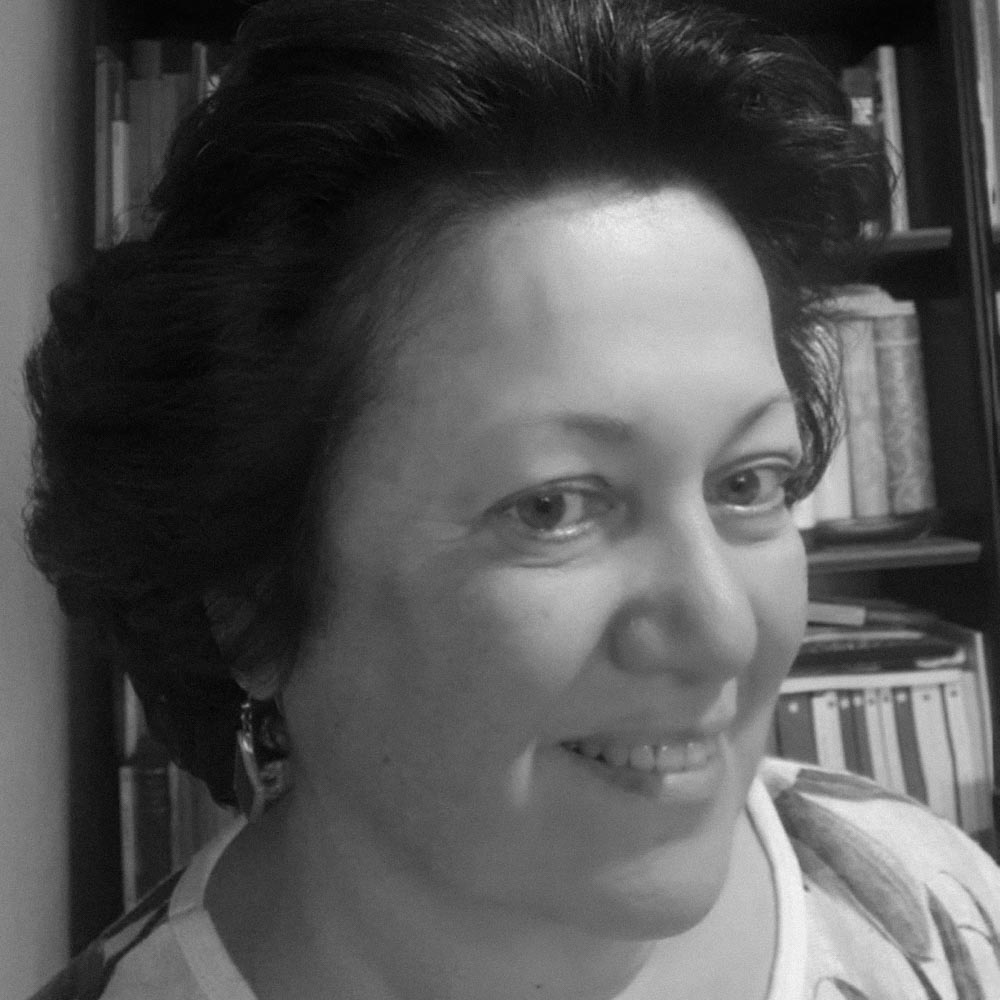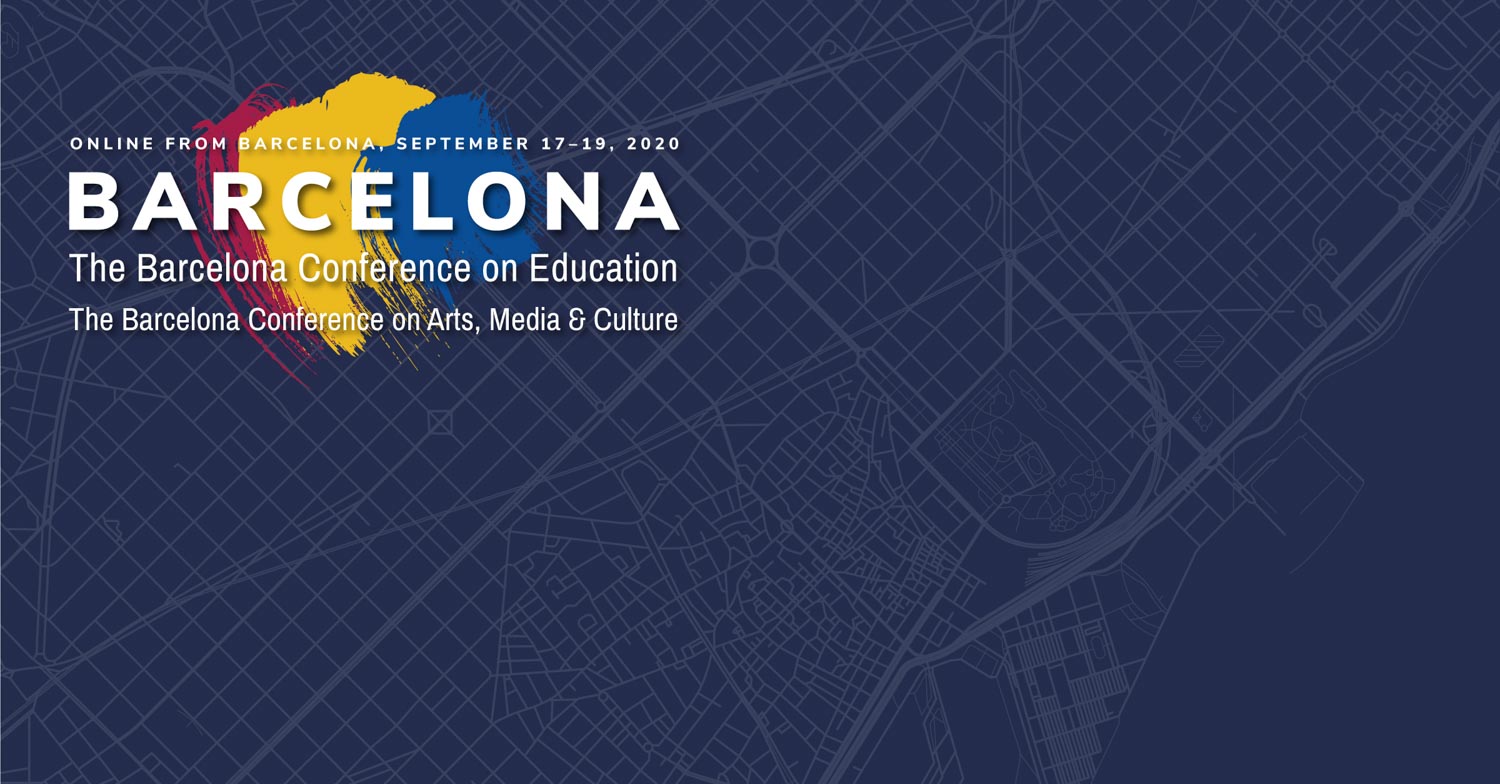
BCE2020
September 17–20, 2020 | Held online from Barcelona, Spain
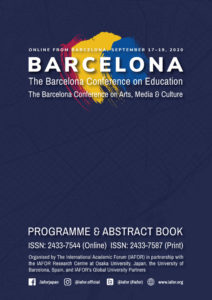
BCE2020 encourages academics and scholars to meet and exchange ideas and views in an international forum stimulating respectful dialogue. This event will afford an exceptional opportunity for renewing old acquaintances, making new contacts, networking, and facilitating partnerships across national and disciplinary borders.
Since its founding in 2009, IAFOR has brought people and ideas together in a variety of events and platforms to promote and celebrate interdisciplinary study, and underline its importance. IAFOR continues to engage in many cross-sectoral projects across the world, including those engaging leading universities (Virginia Tech, UCL, Singapore Management University, University of Belgrade, Lingnan University, Barcelona University, University of Hawai’i, Moscow State University), think tanks, research organisations and agencies (the East-West Center, The Center for Higher Education Research, The World Intellectual Property Organization), and collaborative projects with governments, and international governmental organisations (Government of Japan through the Prime Minister’s office, the United Nations in New York), media agencies (The Wall Street Journal, JWT, HarperCollins).
With the IAFOR Research Centre at Osaka University, we have engaged in a number of interdisciplinary initiatives we believe will have an important impact on domestic and international public policy conversations and outcomes.
IAFOR's unique global platform facilitates discussion around specific subject areas, with the goal of generating new knowledge and understanding, forging and expanding new international, intercultural and interdisciplinary research networks and partnerships. We have no doubt that BCE2020 will offer a remarkable opportunity for the sharing of research and best practice and for the meeting of people and ideas.
Speakers
-
Isabel Alonso-BretoUniversity of Barcelona, Spain
-
Herman Bashiron MendolicchioUniversity of Barcelona, Spain
-
Stephen CoplandArtist
-
Nuria Fuentes-PeláezUniversity of Barcelona, Spain
-
Donald E. HallUniversity of Rochester, USA
-
Emilienne MalfattoDocumentary Photographer
-
Gloria MonteroNovelist, Playwright & Poet
-
Baden OffordCurtin University, Australia
-
Cornelis Martin RenesUniversity of Barcelona, Spain
-
John RyanFreelance Writer, Australia
Programme
-
Utopia Depends on a U-turn: Intertextuality, New Writing and Educating for DiversityKeynote Presentation: John Ryan
-
Parenting Education Within Contexts of Vulnerability and Child Protection: Positive Parenting, Resilience and VulnerabilityFeatured Presentation: Nuria Fuentes-Peláez
-
The Relevance of the Humanities and Arts in Uncertain TimesKeynote Presentation: Baden Offord
-
KNOCK KNOCK… WHO’S THERE?Keynote Presentation: Gloria Montero
-
In Conversation with Gloria MonteroDiscussion Panel: Isabel Alonso-Breto & Gloria Montero
-
Embracing Difference: The Work of ArtPanel Presentation: Emilienne Malfatto, Stephen Copland, Herman Bashiron Mendolicchio & Martin Renes
Organising Committee
-
Isabel Alonso-BretoUniversity of Barcelona, Spain
-
Sue BallynUniversity of Barcelona, Spain
-
Joseph HaldaneThe International Academic Forum (IAFOR), Japan
-
Montserrat Camps-GasetUniversity of Barcelona, Spain
-
Donald E. HallUniversity of Rochester, USA
-
Baden OffordCurtin University, Australia
-
Cornelis Martin RenesUniversity of Barcelona, Spain
2020 Reviewers
Senior Reviewers
Dr Susan Ballyn
University of Barcelona, Spain
Dr Katy Campbell
University of Alberta, Canada
Dr Leandro Loyola
De La Salle University, Philippines
Dr Leonardo Munalim
Philippine Women's University, Philippines
Dr Grace Okechukwu
Federal College of Education (Technical), Umunze, Nigeria
Dr Elena Polyudova
Defense Language Institute, United States
Reviewers
Dr Victoria Baker
Frontier Nursing University, United States
Dr Ingrid Bartels
Han University of Applied Sciences (UAS), Netherlands
Dr Zinka Bejtic
American University of Sharjah, United Arab Emirates
Professor José Carneiro
University of Porto, Portugal
Dr Jude Emelifeonwu
University of Brighton, United Kingdom
Dr Harumi Kashiwagi
Kobe University, Japan
Dr Breda McTaggart
Institute of Technology, Ireland
Dr Eliana Penedos-Santiago
Id+ / University of Porto, Portugal
Dr Birgit Phillips
University Graz and Burgenland University of Applied Sciences, Austria
Dr Luis Pires
University Rey Juan Carlos, Spain
Professor Nagayuki Saito
International Professional University Of Technology in Tokyo, Japan
Dr Yildirim Uysal
Bursa Uludag University, Turkey
